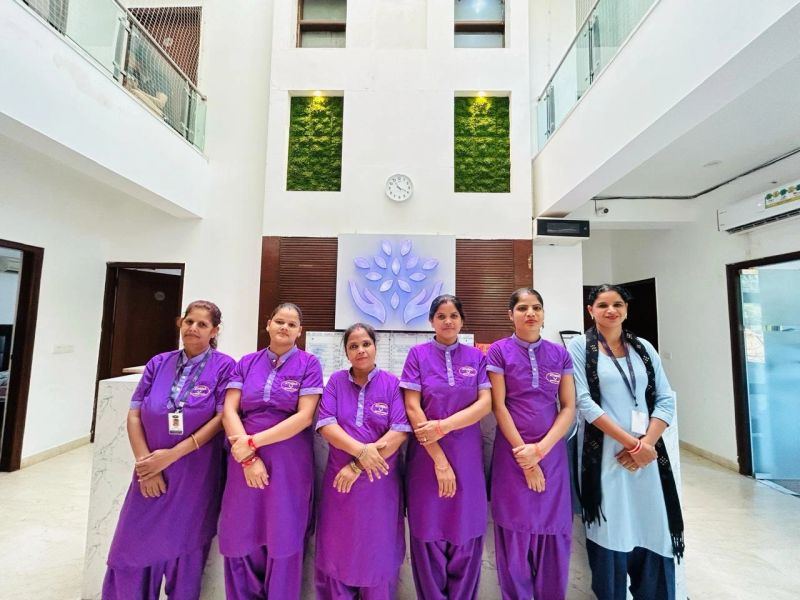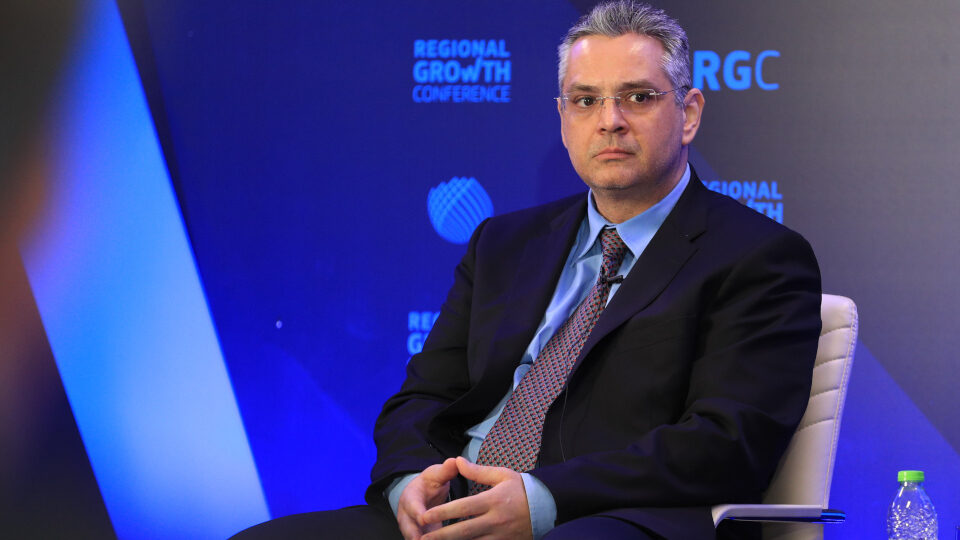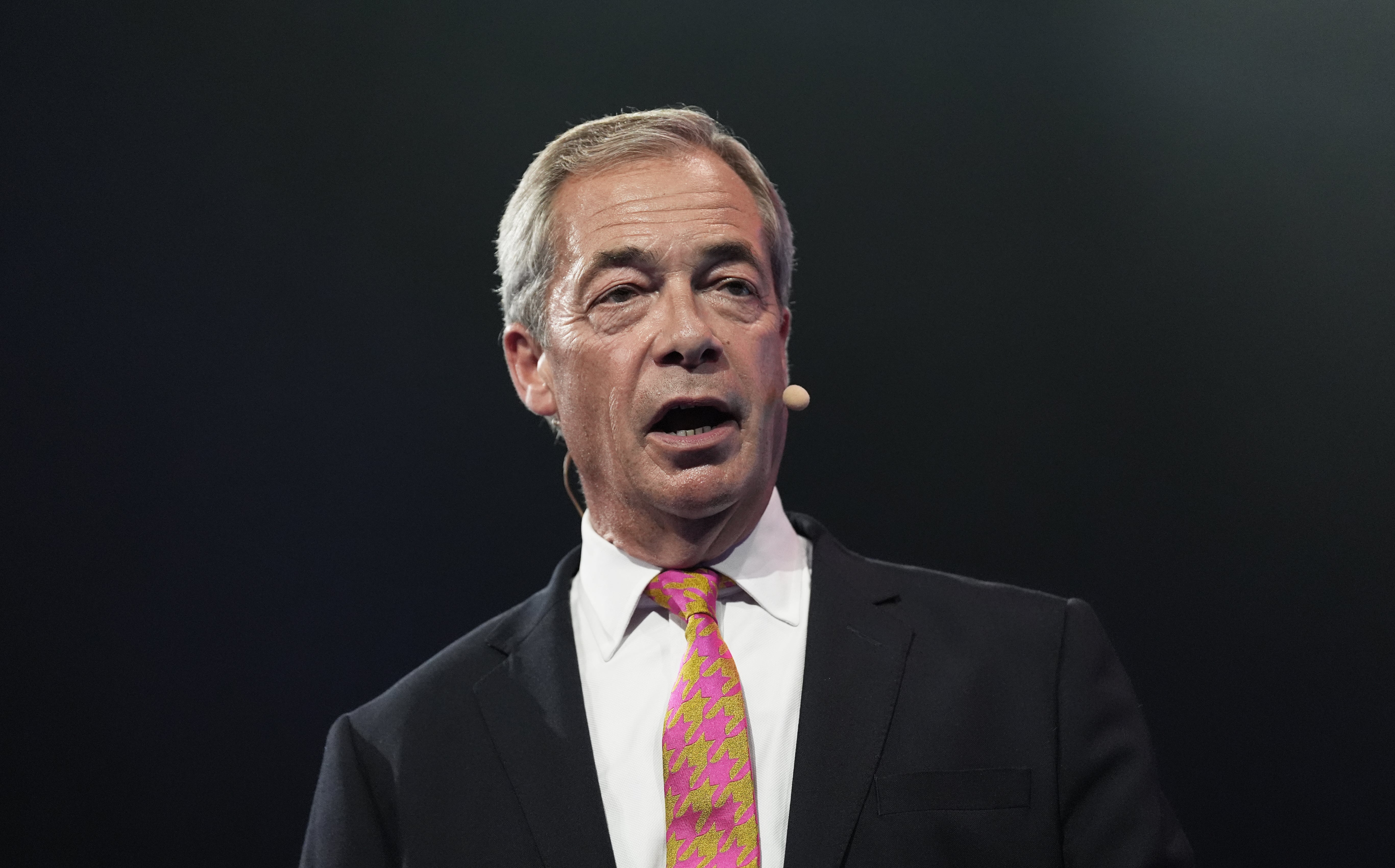Breaking The Silence: Dr. Shradha Malik On The Importance Of Mental Health Awareness

Table of Contents
The Devastating Impact of Mental Health Stigma
The stigma surrounding mental health has far-reaching consequences, impacting not only those who struggle but also their families and communities. The fear of judgment, misunderstanding, and discrimination creates significant barriers to accessing necessary care and support.
Barriers to Seeking Help
Many individuals avoid seeking mental health support due to several interconnected factors. These barriers hinder recovery and perpetuate the cycle of suffering.
- Social Stigma: The pervasive societal stigma associated with mental illness often leads to feelings of shame, embarrassment, and fear of social isolation. People worry about how others will perceive them if they reveal their struggles.
- Cost of Treatment: The high cost of therapy, medication, and other mental health services creates a significant financial barrier, particularly for those with limited resources. Insurance coverage can be insufficient or non-existent, leaving many to shoulder the burden alone.
- Accessibility of Resources: Geographic location plays a critical role. Access to qualified mental health professionals, especially in rural or underserved areas, remains a challenge. Limited availability of services further exacerbates the problem.
- Lack of Understanding: Misconceptions and misinformation about mental illness often fuel stigmatizing attitudes. A lack of education and awareness contributes to the reluctance to seek help.
The Ripple Effect on Families and Communities
Untreated mental illness extends its impact beyond the individual, affecting families and communities in profound ways.
- Strained Family Relationships: Mental health struggles can strain family relationships, leading to conflict, isolation, and emotional distress for family members.
- Reduced Productivity: Untreated mental illness can significantly impair an individual's ability to work, leading to decreased productivity and lost income.
- Increased Healthcare Costs: The long-term consequences of untreated mental illness often translate into significantly higher healthcare costs, encompassing hospitalizations, emergency room visits, and other medical expenses.
Dr. Malik's Expertise and Insights on Mental Health Awareness
Dr. Shradha Malik, a renowned psychiatrist with years of experience in treating mental health conditions, offers invaluable insights into promoting mental health awareness. Her expertise emphasizes proactive approaches, open communication, and self-care.
Early Intervention and Prevention Strategies
Dr. Malik strongly advocates for early intervention and preventative measures. Identifying warning signs early can significantly improve treatment outcomes.
- School-Based Programs: Implementing comprehensive mental health education and support programs in schools helps to identify at-risk youth and provide timely intervention.
- Community Outreach: Engaging with communities through awareness campaigns and accessible resources helps to reduce stigma and encourage help-seeking behavior.
- Strengthening Support Networks: Promoting social support and building strong relationships can act as a buffer against mental health challenges.
Importance of Open Communication and Education
Open conversations are crucial in breaking the silence around mental health.
- Public Awareness Campaigns: Raising public awareness through targeted campaigns can help to challenge negative stereotypes and promote understanding.
- Educational Resources: Making accurate and accessible information available can educate individuals about mental health conditions, treatment options, and where to seek help.
The Role of Self-Care and Healthy Lifestyle
Dr. Malik highlights the importance of self-care in maintaining good mental health.
- Exercise and Physical Activity: Regular exercise releases endorphins and helps to reduce stress and anxiety.
- Healthy Diet: A balanced diet provides the necessary nutrients for optimal brain function.
- Adequate Sleep: Sufficient sleep is crucial for mental and physical well-being.
- Mindfulness and Meditation: Practicing mindfulness techniques can help to manage stress and improve emotional regulation.
Available Resources and Support Systems
Numerous resources are available to help individuals struggling with mental health challenges.
Finding Professional Help
Finding a qualified mental health professional is essential.
- Credentials: Verify the therapist's credentials and licensing.
- Insurance Coverage: Check if your insurance covers the services.
- Therapy Modalities: Consider the therapist's approach to therapy and whether it aligns with your needs (e.g., Cognitive Behavioral Therapy, Dialectical Behavior Therapy).
Utilizing Online Resources
Reputable online resources can offer support and information.
- The National Alliance on Mental Illness (NAMI): [Link to NAMI website]
- MentalHealth.gov: [Link to MentalHealth.gov]
- Crisis Text Line: [Link to Crisis Text Line]
Conclusion
Mental health awareness is not merely a cause; it is a necessity. The devastating impact of stigma, as discussed by Dr. Malik, underscores the urgency to break the silence and foster a culture of support and understanding. Early intervention, open communication, and self-care practices are vital in promoting mental well-being. By utilizing available resources and actively participating in promoting mental health awareness, we can collectively create a society where seeking help is not a source of shame but a path to recovery and resilience. Break the silence on mental health. Prioritize your mental well-being. Learn more about mental health awareness resources today. Join the conversation on mental health and help create a more supportive and understanding world.

Featured Posts
-
 Rare Earth Minerals A Key Element In The New Us Ukraine Economic Agreement
May 02, 2025
Rare Earth Minerals A Key Element In The New Us Ukraine Economic Agreement
May 02, 2025 -
 Play Station Beta Tester Meet The Requirements And Apply Today
May 02, 2025
Play Station Beta Tester Meet The Requirements And Apply Today
May 02, 2025 -
 Kampen Eist Stroomaansluiting Kort Geding Tegen Enexis Voor Duurzaam Project
May 02, 2025
Kampen Eist Stroomaansluiting Kort Geding Tegen Enexis Voor Duurzaam Project
May 02, 2025 -
 Frances Dominant Six Nations Victory A Warning To Ireland
May 02, 2025
Frances Dominant Six Nations Victory A Warning To Ireland
May 02, 2025 -
 Hario Poterio Parkas Sanchajuje Planuojama Atidaryti 2027 M
May 02, 2025
Hario Poterio Parkas Sanchajuje Planuojama Atidaryti 2027 M
May 02, 2025
Latest Posts
-
 Understanding Reform Uks Influence A Look At Nigel Farages Role
May 03, 2025
Understanding Reform Uks Influence A Look At Nigel Farages Role
May 03, 2025 -
 Diafthora Kai Poleodomikos Sxediasmos Odigos Gia Tin Apokatastasi Tis Empistosynis
May 03, 2025
Diafthora Kai Poleodomikos Sxediasmos Odigos Gia Tin Apokatastasi Tis Empistosynis
May 03, 2025 -
 Rekordnite 157 Gola Na Lakazet Lion Se Bori Za Vtoroto Myasto
May 03, 2025
Rekordnite 157 Gola Na Lakazet Lion Se Bori Za Vtoroto Myasto
May 03, 2025 -
 The Impact Of Nigel Farage On Reform Uks Political Rise
May 03, 2025
The Impact Of Nigel Farage On Reform Uks Political Rise
May 03, 2025 -
 157 Gola Lakazet Izprevarva Papen I Priblizhava Lion Do Vrkha
May 03, 2025
157 Gola Lakazet Izprevarva Papen I Priblizhava Lion Do Vrkha
May 03, 2025
